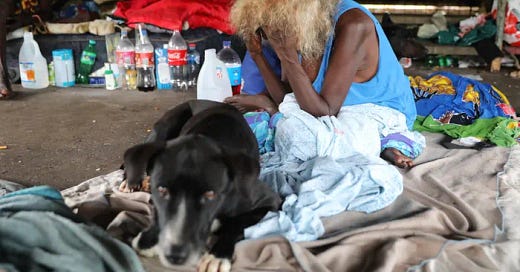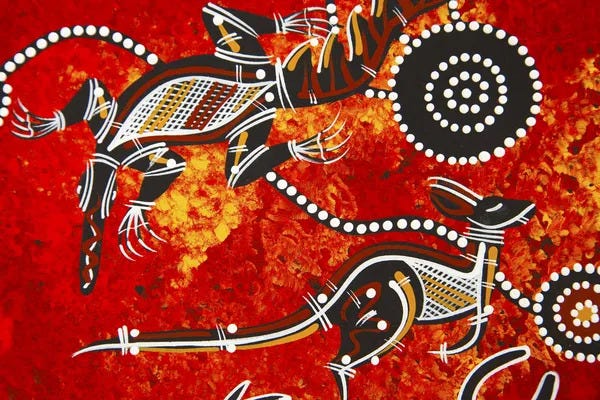
The Colonial Mindset
In the Spanish-speaking countries of Latin America, people speak of the Spanish conquistadors as them. They invaded us, they murdered us.
This allows populist leaders to frame the entire historical narrative of the region as a story of oppression, blaming their countries’ current misfortunes on the atrocities of colonisation; 200 years on.
If blaming the Spanish Empire for the ex-colonies’ abysmal levels of poverty in the 21st century is not enough, the populist turns to the US Empire to explain away the misery. It is a crippling mentality promoted by corrupt leaders who benefit from keeping people down while avoiding responsibility for their own failures.
Blame: a crippling mentality promoted by corrupt leaders.
It’s the perennial revolution that goes around in circles promising to avenge the poor, only to enrich the revolutionaries.
White Australians, on the other hand, tend to identify with the English colonisers and blame themselves for colonial crimes against Aboriginal people. We invaded them, we took their land.
As a migrant to this country, I cannot share in this historical guilt.
Am I contributing to Australia’s cultural diversity as a productive member of society or am I an invader? Which one is it?
More importantly, has this pathological guilt done anything to improve the living conditions of Aboriginal Australians or has it been exploited by professional meddlers that make a living out of Aboriginal disadvantage?
Blame and guilt are two sides of the same colonial coin. Nothing good can ever come out of playing the blame game. Guilt, however, can be a healthy societal response to painful moments in our shared history. It can serve as a reminder of the importance to uphold an ideal of justice based on the natural rights of all peoples. This would be conducive to genuine compassion, appreciation, integration, and mutual respect.
Sadly, this constructive voluntary response is perverted with the institutionalisation of a collectivist mindset that classifies people today based on events that occurred before they were even born.
Once the state starts to treat people differently based on their race,
all hope of reconciliation is lost.
The very idea that some people are incapable of improving their own condition without the condescending guidance of a centralised authority is an insidious form of neo-colonialism.
This isn’t to deny or ignore history. On the contrary, this is to look at history carefully while keeping your eyes wide open in the present.
Imagine for a moment a white Australian man that finds himself on the streets after a series of calamities destroy his former life. He struggles for a long time but finally finds the strength to pick himself up. He goes to a job agency but the only opportunities available are open exclusively to Aboriginal people because the agency has to meet a quota to receive extra funding.
Is this just the price that he has to pay for the crimes of his ancestors (who could have been great advocates of aboriginal rights for all we know)? Is any and every Aboriginal person inherently more deserving regardless of their own actions in the present simply because of what happened in the past?
Like the poor in Latin America, Aboriginal people in Australia need individual agency over their own lives, with economic opportunities to thrive and prosper, not perennial displays of contrition and a bureaucratic melee that costs a lot (for the benefit of public servants and consultants) but delivers nothing.
In 2010, the Department of Finance’s Strategic Review of Aboriginal expenditure concluded: “The history of Commonwealth policy for Indigenous Australians over the past 40 years is largely a story of good intentions, flawed policies, unrealistic assumptions, poor implementation, unintended consequences and dashed hopes.”
For many in the Indigenous Industry that are now enjoying a comfortable retirement, this has been 50 years of money well spent.
The Voice and the apparatus that would support it are manifestations of the same colonial mentality that sees Aboriginal people as a problem to be solved rather than equal citizens in pursue of their own happiness.
The post The Colonial Mindset appeared first on Liberty Itch.







